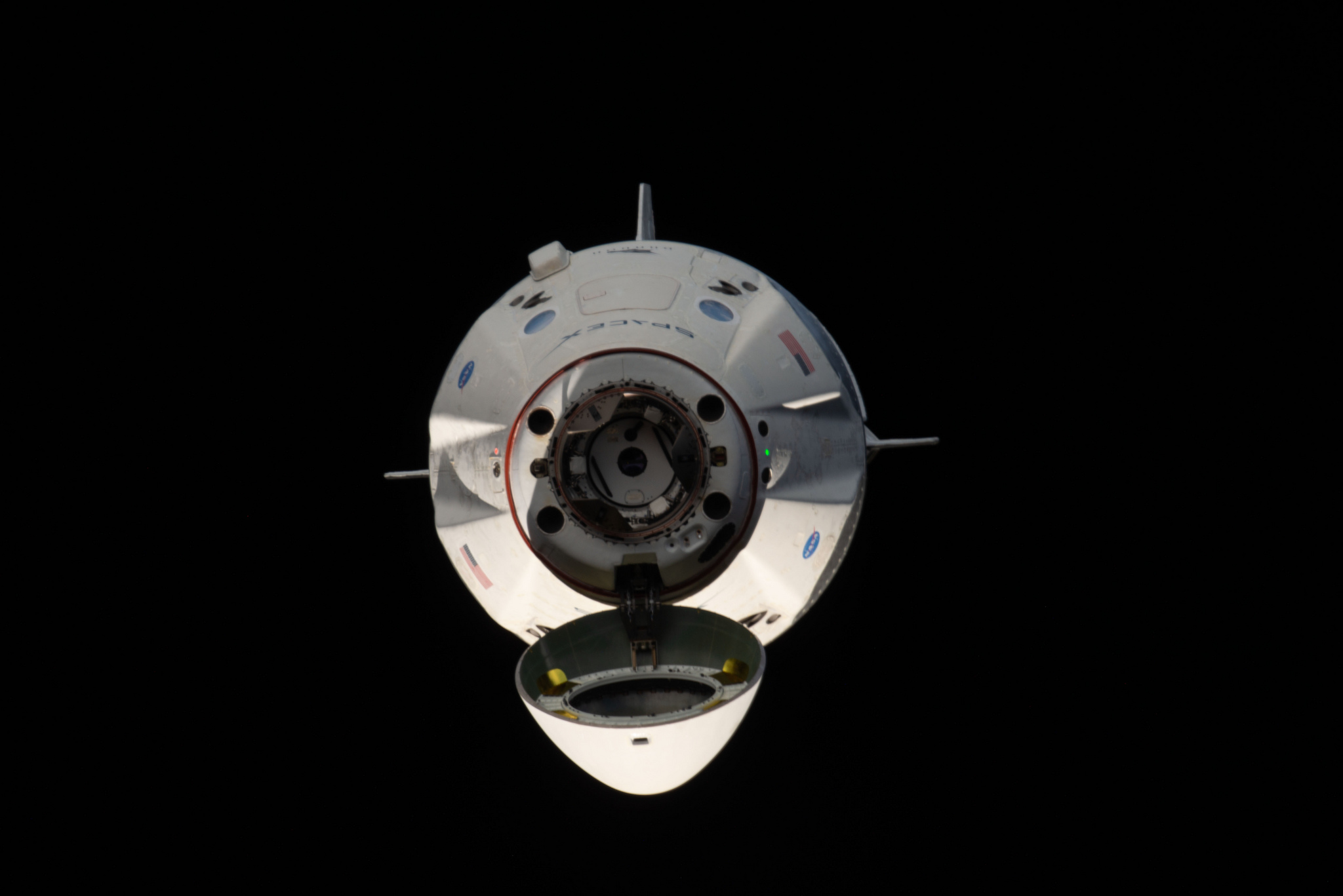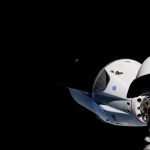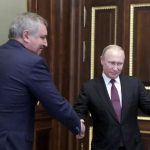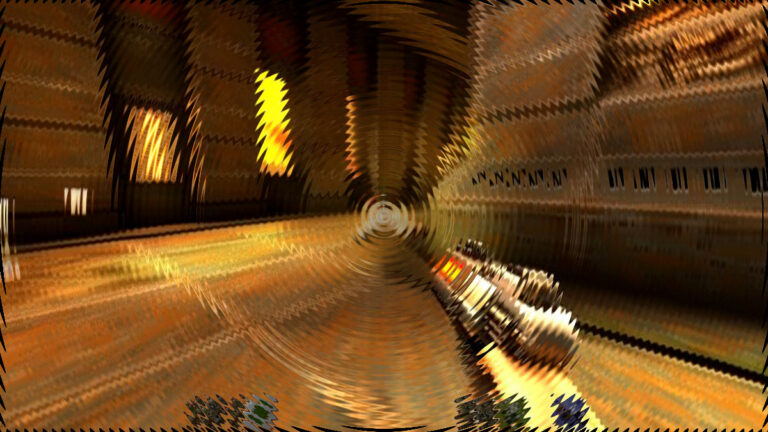One of the big questions surrounding the first launch of SpaceX's Crew Dragon spacecraft was how the Russians would react. They have held considerable sway in the International Space Station partnership by controlling access to the orbiting laboratory since the 2011 retirement of NASA's Space Shuttle. So far, the Russian response has been one of throwing small bits of shade here and there but trying not to be too obvious about it.
On Sunday, when SpaceX's Dragon spacecraft docked with the International Space Station, the Russian space corporation sequestered cosmonaut Oleg Kononenko in the Russian segment of the station. This was, Roscosmos said, so that Kononenko could take emergency action in case the Dragon became uncontrollable and crashed into the space station.
After the successful docking, Roscosmos tweeted a Russian language congratulation to NASA, but underscored the fact "that flight safety must be above reproach." An hour later it published a rare tweet in English, sending "its sincere compliments to the colleagues from NASA," but without the emphasis on vehicle safety. Neither tweet mentioned SpaceX. (Later, Roscosmos said NASA ordered the ship and, therefore, deserved the congratulations.)
On Monday, the Russian space corporation tweeted again, sharing pictures of Kononenko, NASA's Anne McClain, and Canadian David Saint-Jacques in their protective masks before entering the Dragon. (This was a safety precaution with the new vehicle visiting.) It wanted readers to know that the mission had made history another way. "For the first time in the history of the station, the crew worked in Russian-made IPK gas masks," the tweet stated.
3 марта на Международную космическую станцию прибыл корабль Crew Dragon. Его встречали Олег Кононенко, Энн Макклейн и Давид Сан-Жак.
Экипаж впервые в истории станции работал в противогазах ИПК российского производства — https://t.co/qZvFiMD91U pic.twitter.com/ZvrP2ni2oc
— РОСКОСМОС (@roscosmos) March 4, 2019
Finally, on Tuesday, Russian sources told Sputnik and other media about an unusual smell on the station and that "a high concentration" of isopropyl alcohol was found to be circulating in the air on board the International Space Station following Dragon's arrival. In reality, the concentrations were quite low and disappeared after astronauts on the station used normal procedures to cycle the air.




 Loading comments...
Loading comments...
